(Dan Tri) - China, Canada and Mexico have been preparing for the return of the Trump administration for months. Mr. Trump's recent tariff threat will be the first test for these countries.
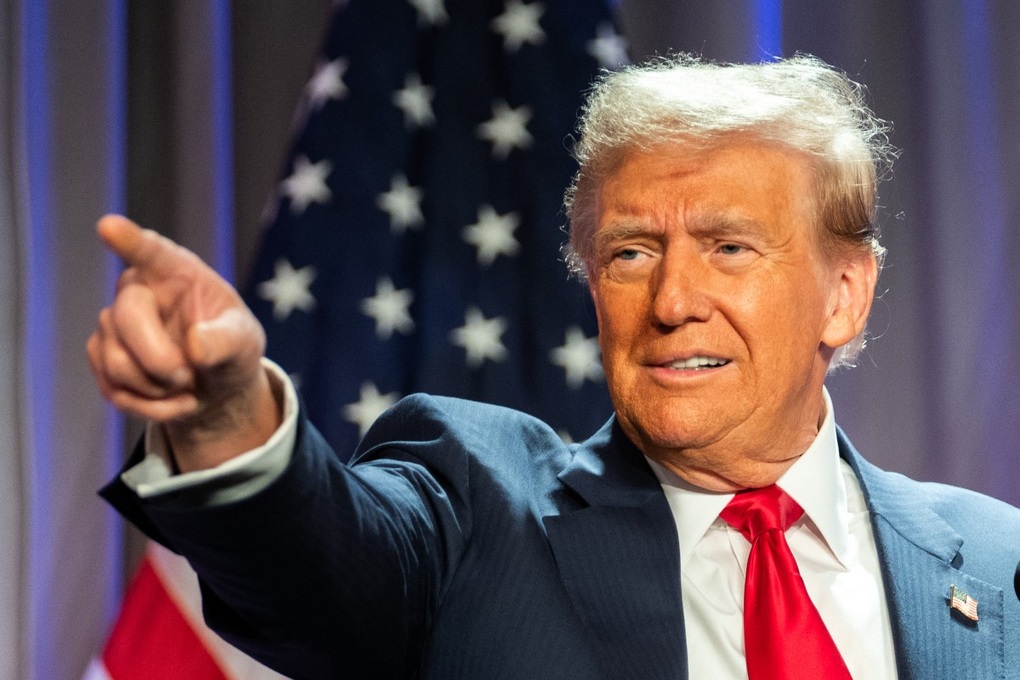
US President-elect Donald Trump (Photo: AFP).
On November 25, US President-elect Donald Trump announced that he would impose a 25% tariff on all goods imported from Mexico and Canada into the US on his first day in office. He also said he would impose an additional 10% tariff on Chinese goods, adding directly to the existing tariff rate.
This is considered Mr. Trump’s first move against the three countries with the largest trade turnover with the US. However, this is not a surprise: During the election campaign, Mr. Trump even threatened to impose a tax of up to 60% on all products imported from China.
In fact, all three countries have been preparing for Trump’s tariffs for months. The governments have sought to strengthen their economies and diversify their markets, as well as preparing for direct interactions with Trump to persuade him to change his mind. Whether these efforts will be effective, however, remains to be seen.
Increase resilience and diversify markets
Before Mr. Trump was elected, many economies had made certain preparations to increase their resilience and reduce their dependence on the US economy.
Dr Yu Jie, a senior fellow at the Chatham House in London, said Chinese policymakers have been preparing for a Trump victory for months. One way China is doing this is by increasing trade with developing countries. In September, President Xi Jinping announced plans to cut import tariffs to zero for a range of low-income countries, including 33 African countries.
As the US and its allies impose curbs on China’s high-tech industry, Chinese companies are also looking to improve their own capabilities. China’s Ministry of Industry and Information Technology revealed that the country has developed a photolithography machine capable of producing chips up to 65nm.
In September, China also injected 2.7 trillion yuan (about 370 billion USD) into the banking system to encourage businesses to borrow and reduce interest rates, according to DW . Beijing also announced infrastructure spending to support real estate businesses in the hope of stimulating the economy.
Meanwhile, experts say Canada is not well prepared for a Trump election as its economy remains too dependent on the US. According to Statistics Canada, the US is the destination for 77% of Canadian exports. China is second, but accounts for only 4%.
Canada has been trying to diversify its trade away from the US market for decades — with little success, according to Merdith Lilly, a professor at Carleton University.
Now that Mr. Trump has been elected, that effort will be even more difficult, Ms. Lilly said, because Canada does not want to be seen as a “detour” for goods from other countries to enter the U.S. market.
Convince Mr. Trump
Leaders also directly sought to approach Mr Trump in the hope that the US leader would change his mind.
Canadian Prime Minister Justin Trudeau personally went to Trump's Mar-a-Lago estate for dinner on November 29, international media reported. Accompanying him was Public Safety Minister Dominic LeBlanc, according to CBC News . In addition, both Mr. Trudeau's wife and Mr. Trump's wife were also present.
Mr. Trudeau praised this as a “wonderful” meeting. Mr. Trump also called the meeting “productive,” but did not seem to give up on the idea of imposing tariffs on Canadian goods, the Guardian reported.
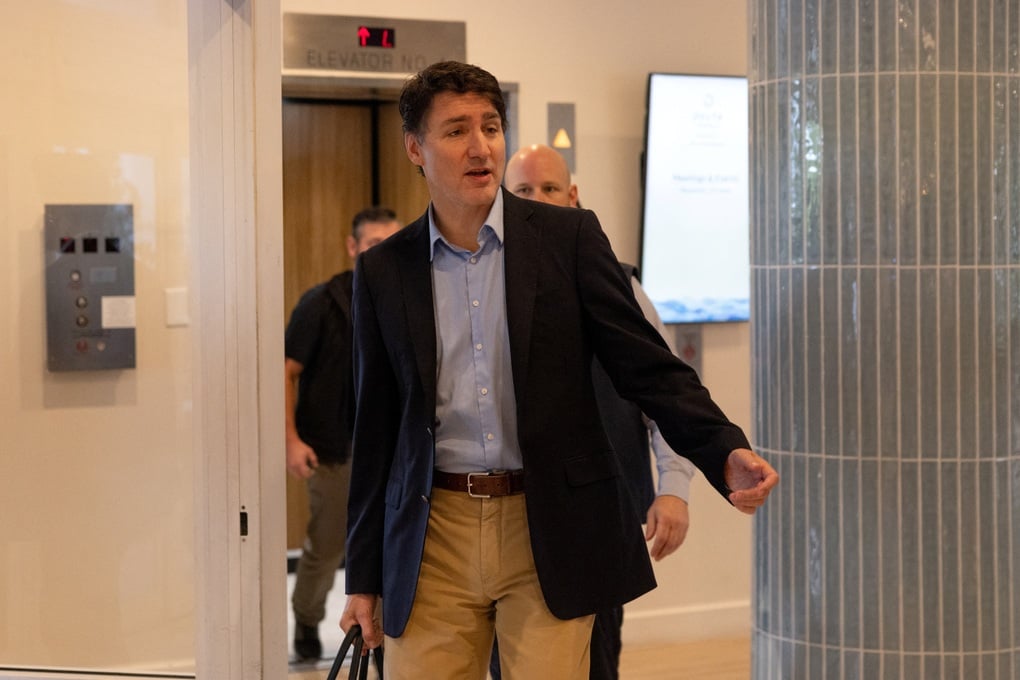
Canadian Prime Minister Justin Trudeau leaves his hotel in Florida, USA to meet Mr. Trump on November 29 (Photo: Reuters).
Mexican President Claudia Sheinbaum said on November 28 that she and Mr. Trump had a “very good” phone call. Although the two sides did not discuss the issue of tariffs, Ms. Sheinbaum believes that “there will not be a tariff war” between the two countries.
Mexico has also sought to appease Trump in another area: immigration control, which was the reason Trump used to threaten tariffs. In recent months, Mexico has stepped up border enforcement, helping to reduce the number of migrants approaching the US border, according to Reuters .
Mexican authorities are closing in on a caravan of about 800 migrants in the southern state of Chiapas, Ms Sheinbaum said. “They will not reach the north,” the Mexican president promised.
Countries also pointed out that the US economy would suffer certain consequences if the US decided to impose tariffs on imported goods. Mexican Economy Minister Marcelo Ebrard warned that if the US imposed tariffs on Mexico, the US would lose up to 400,000 jobs.
Meanwhile, Chinese state media has also warned that Mr. Trump's tariff measures could result in losses for both countries.
Unpredictable consequences
A Reuters survey of economists last week estimated that new US tariffs could reduce China's economic growth by up to one percentage point.
However, there are also more optimistic experts. Sharing with DW, Mr. George Magnus, a researcher at the China Center at the University of Oxford, said that the new tariffs will not have too big an impact on the Chinese economy, although it may cause the yuan to decrease in value.
This is also a consequence that Canada could face. According to Stephen Tapp, chief economist of the Canadian Chamber of Commerce, the US tariffs would devalue the Canadian dollar, making prices more expensive for Canadians. Shortly after Mr. Trump threatened to impose tariffs, the value of the Canadian dollar fell to its lowest level since May 2020.
According to Mr. Dennis Darby, Executive Director of the Canadian Manufacturers and Exporters Association, the entire Canadian society needs to join hands to prevent the US from imposing tariffs on Canada as a warning to prevent negative impacts on the Canadian manufacturing industry and the US economy - which depends on raw materials from Canada.
“For many years, we have fallen behind our trading partners and become too dependent on the United States,” Mr. Darby said.
Source: https://dantri.com.vn/the-gioi/cac-nuoc-chuan-bi-the-nao-truoc-kich-ban-bi-chinh-quyen-trump-20-ap-thue-20241202103841172.htm










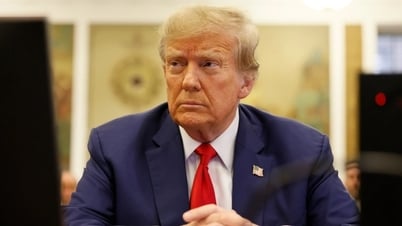
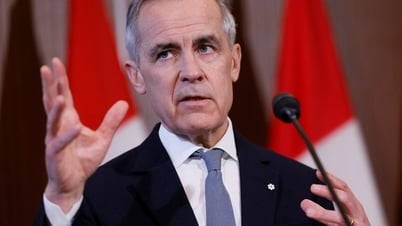


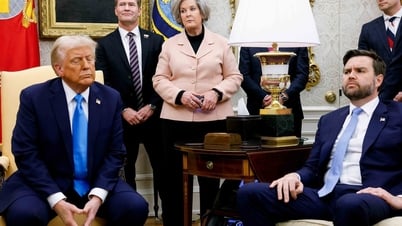





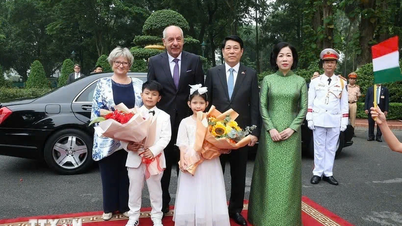
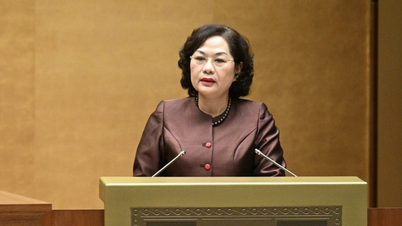



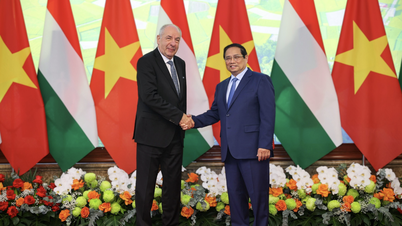












































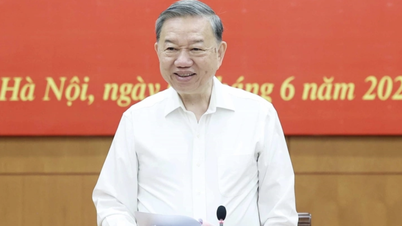


















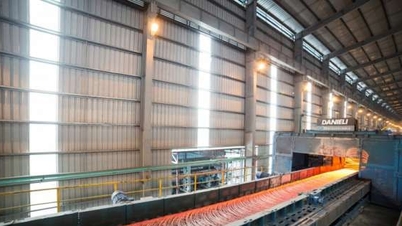












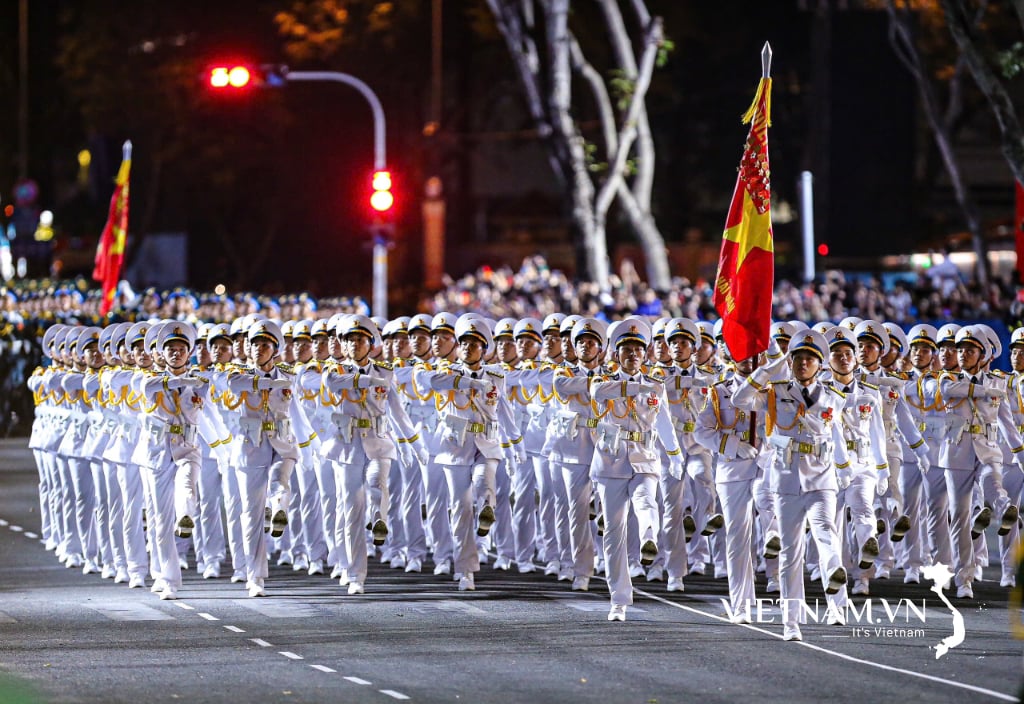


Comment (0)